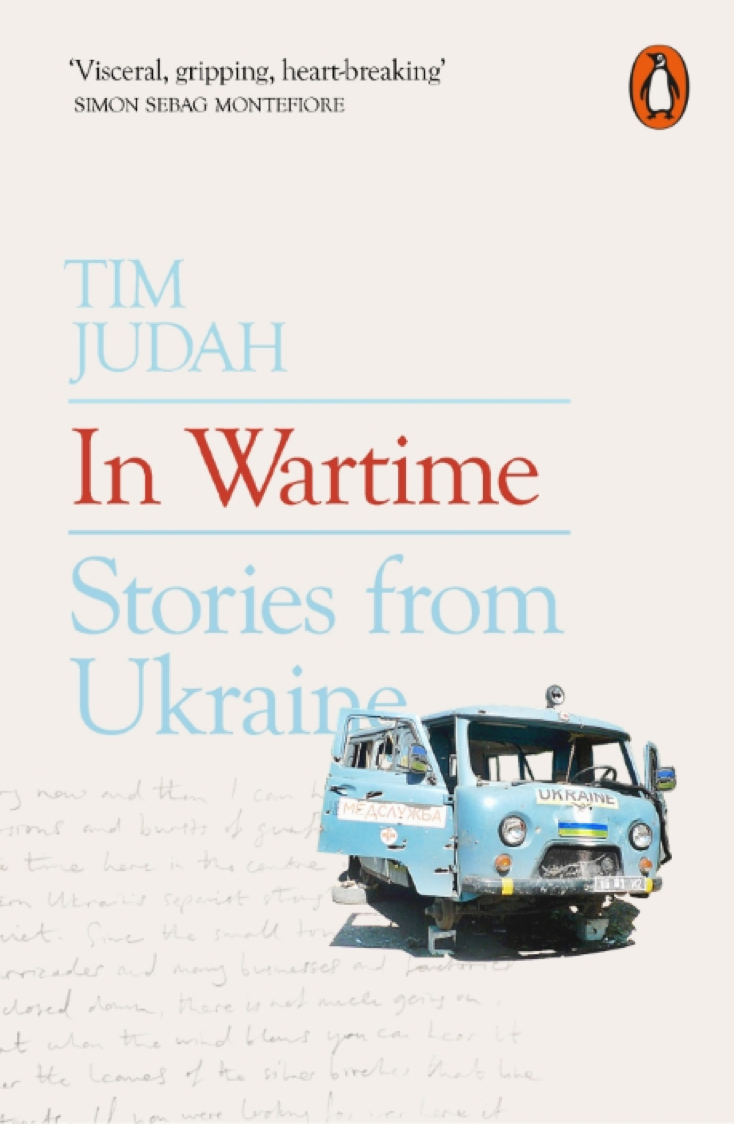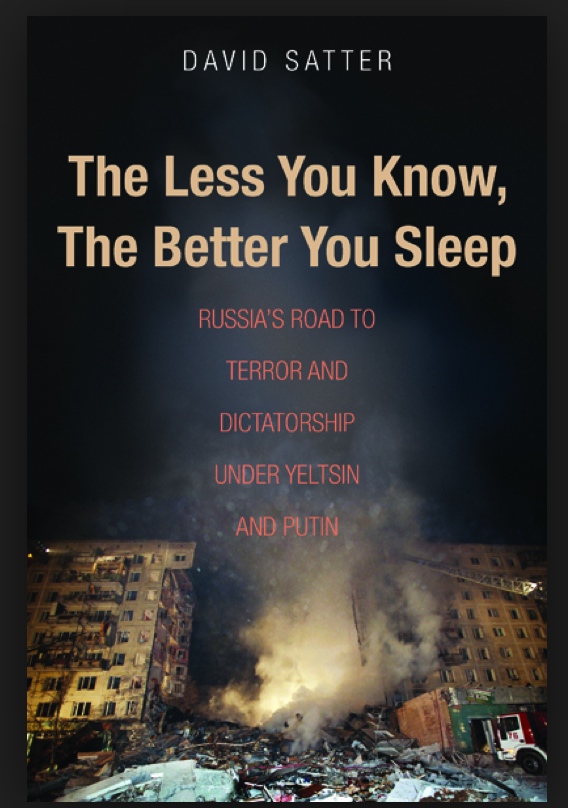I have followed Tim Judah in the New York review of Books because he is a reporter who gets right down on the ground and speaks to ordinary people of various persuasions all across the vast geography of Ukraine.
Most of the intellectuals with whom I have contact in Canada have little knowledge and less interest in central and eastern Europe, and I find it useful to read writers such as Judah, Snyder, Satter and others because they give sharp insights into this complicated and unfortunate part of the world.
Ukraine remains a complicated place for westerners, who assume that nationality relies on language, but in this part of the world an ardent Ukrainian might speak Russian. The concerns of Bulgarians, Gaugaz (Turkic speakers) Bulgarians and others in Bessarabia, to say nothing of Crimean Tatars, all remain opaque on this side of the Atlantic.
The book is excellent in describing the failed hopes, the geopolitical fantasies, and complete corruption in a place that was unable to reform itself before falling under attack. The much-maligned Azov battalion consisted of Ukrainian extremists much despised in the west, and yet their volunteers were the ones who defended Mariupol from Russian-backed separatists because the regular army was in disarray. Their actions don’t justify their beliefs, of course, but people looking for simple heroes and simple villains in this region will be disappointed.
Judah generally supports the Ukrainian national idea, and he is contemptuous of the lies coming out of Russia, but he does not deny that people living in Donetsk and other regions, the few who remain, would welcome any government that might improve their lives.
Judah gives a view from the street of people who never expected war to come, and were horrified when it did. Indeed, his experience in the former Yugoslavia taught him that the complacency of every life or the exhilaration of fresh, revolutionary ideas, might give way all too quickly to the horrors of war.

